Greece continues to welcome visitors in record numbers. With over 30 million visitors in 2023 and an increase of arrivals of 16% in the first quarter of 2024 according to the Ministry of Tourism, there’s a lot to talk about. The Hotel Experience event, the largest hospitality forum so far, brought together 4,000 visitors in person and an additional 3,000 online for a series of engaging discussions. An interdisciplinary group of 70 participants – including tourism entrepreneurs, cultural and environmental representatives, architects, academics, politicians, and journalists – addressed a wide range of topics and proposed innovative strategies for the future.

Positive Design: Cradle to Cradle
Michael Braungart, co-founder of the Cradle-to-Cradle Design Framework, emphasized a design philosophy that incorporates the principles of circular economy to create buildings that contribute to their ecosystems. Braungart believes that traditional recycling is often just “downcycling,” in which the quality of materials deteriorates. In contrast, Cradle to Cradle envisions a system where products are designed so that materials can be perpetually reused either as biological nutrients (which return to the earth) or technical nutrients (which remain in closed industrial cycles).
Instead of minimizing our environmental footprint, Braungart advocates for celebrating and enhancing the human footprint by designing products and processes that positively impact ecosystems. Ioannis Sakiotis of the European Commission, Dr. Ioannis Pappas, director of the Mediterranean Region Global Sustainable Tourism Council, and Danai Makri, head of content and strategy at Design Ambassador and Archisearch, then spoke about the Green hotel experience, which is becoming increasingly important to conscientious travelers. Dr. Elias Messinas, creator of Ecoweek, curated the section but was unable to attend in person due to the Middle East crisis.
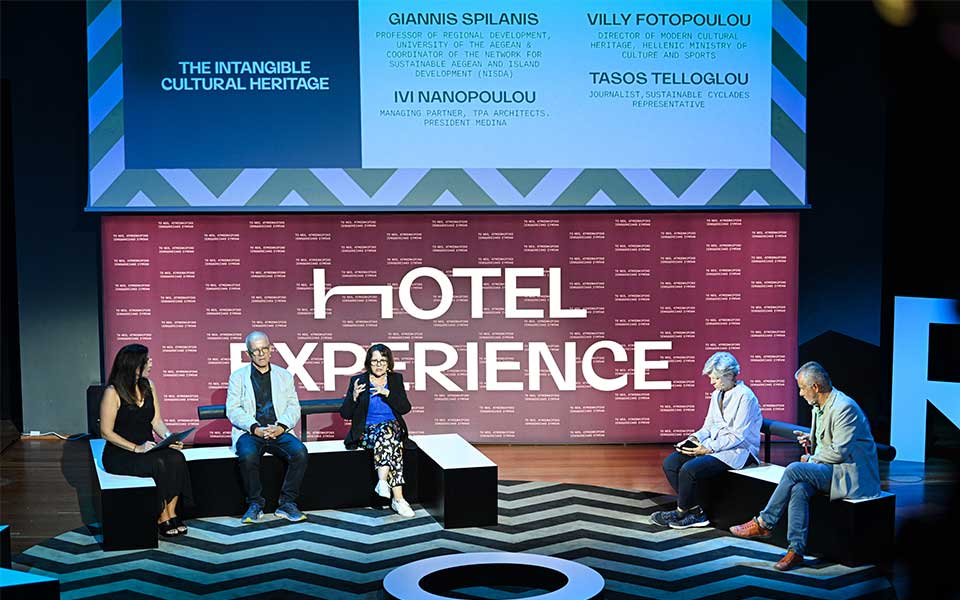
A Wealth of (Intangible) Culture
The preservation of intangible cultural heritage through a tourism model that supports local and folk tradition was the focus of a series of excellent discussions with architect Ivi Nanopoulou, founding member and president of MedINA (the Mediterranean Institute for Nature and Anthropos), Villy Fotopoulou, director of Modern Cultural Assets and Intangible Cultural Heritage of the Hellenic Ministry of Culture and Sports, Professor Giannis Spilanis, coordinator of NISDA (the Network for Sustainable Aegean and Island Development), and Tassos Telloglou, journalist and representative of the Sustainable Cyclades initiative, with Danae Makri moderating. The North Aegean island of Lemnos – part of the MedINA network – served as an example of a tourism model that incorporates the rural economy, local agriculture and gastronomy, landscape, and cultural identity. Ms. Fotopoulou also introduced the Index of Intangible Cultural Heritage, a valuable public resource and ongoing initiative that is accessible at ayla.culture.gr.
Continuing the theme of cultural heritage, Eleni Tsigarida of Etsi Architects presented Rouga Vamvakou, a case study in which the local population of the village of Vamvakou in Laconia has restored traditional buildings that now serve as both visitor accommodation and workspaces, an agritourism and rural revitalization success story, supported by the SNCCF.
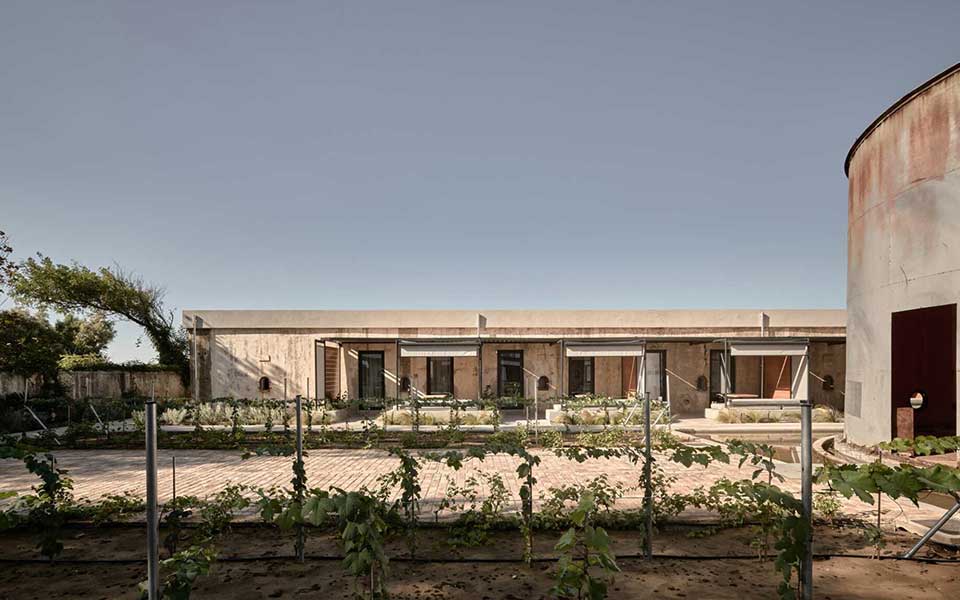
A Sense of Place: Aesthetics, Identity, and the Visitor Experience
Greece’s visual identity is being addressed in surprising ways that embrace a broader range of aesthetic experiences. Nikos Karfalos, owner of Dexamenes Seaside Hotel, has highlighted a valuable but heretofore overlooked aspect of Greece’s rich aesthetic and architectural heritage. This old winery serves as a notable postwar industrial landmark by the sea, rather than a romanticized stone mansion overlooking rolling vineyards. Stark in its monumentality, it celebrates the commercial history of his hometown.
Ergon’s cultural and commercial heritage is also an important part of its identity; originally a company focused on excellent Greek food products and the social aspect of the market experience, Ergon is now expanding into the hospitality sector. Founder and CEO Thomas Douzis spoke of the subtle incorporation of meaningful references to Greekness – such as cinema and textile design – in the design of spaces.
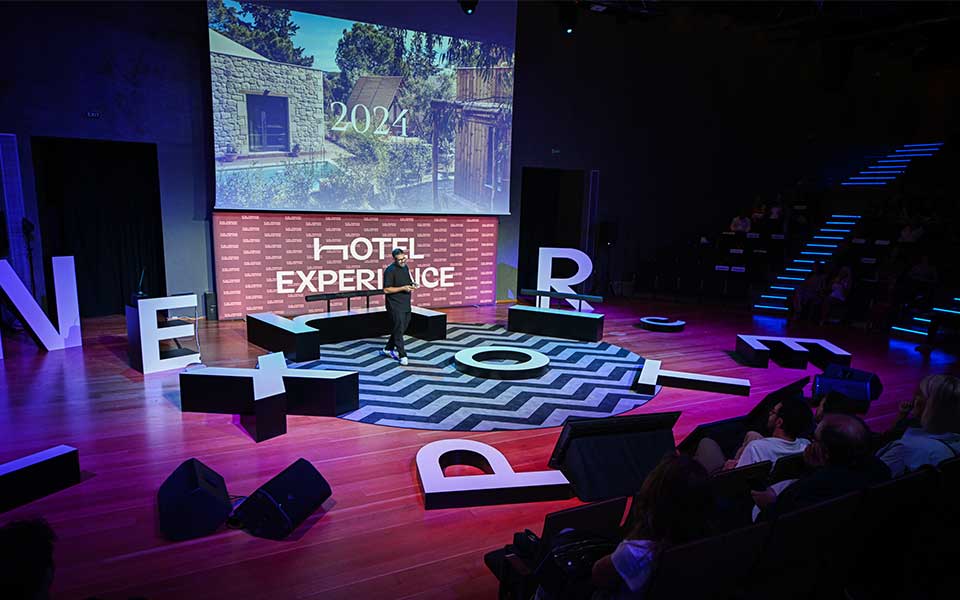
The Meaning of Philoxenia
While inspiring, relevant architectural expression is frequently a key component of the hotel experience, as the guest experience is fundamentally shaped by human connection. In a keynote address, architect Myrto Kiourti narrated the story of a family who run a small hotel in Ancient Olympia, effortlessly offering a true experience of philoxenia as an unavoidable expression of who they are. Kiourti enhanced the experience that the family so naturally shares by tapping into the history of their location and incorporating myth, reimagining the hotel as simply a large house that creates an authentic sense of connection in its guests.
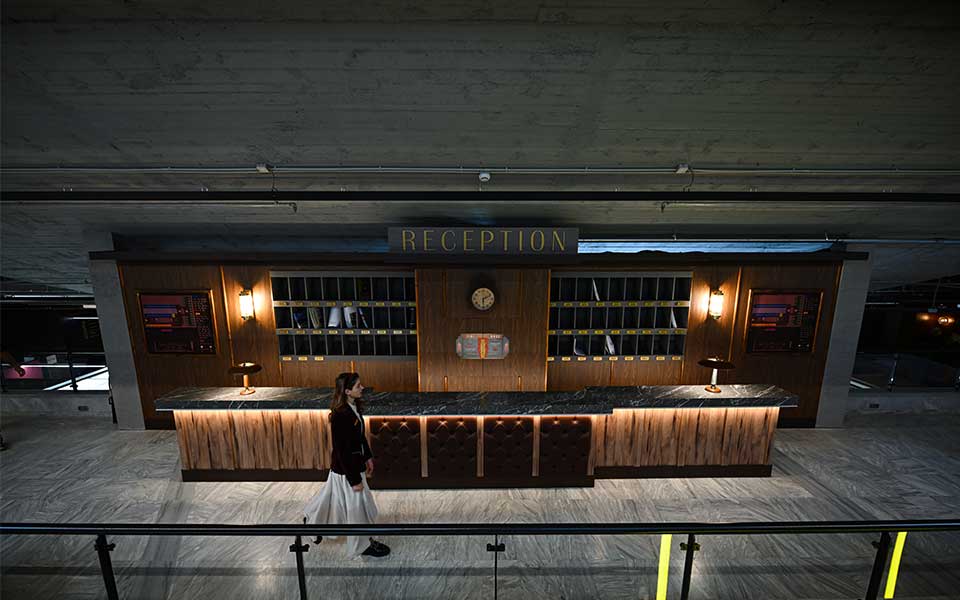
Designing Authenticity
When a destination becomes overwhelmed by visitors, the very sense of place that many of them hope to experience is undermined. Authentic connection is becoming one of the most sought-after and elusive commodities.
A number of hoteliers are emphasizing that sense of character and authenticity through both architecture and experience. Significantly, this is not a part of a business model so much as it is an expression of their own attachment to their region, a celebration of the vernacular architecture, cultural heritage, and traditional occupations and practices of their regions.
Anestis Anestis of the Melian Boutique Hotel and Spa on Milos collaborated with architect Christina Kontou of Block722 to create a sense of connection to the Cycladic experience. The use of traditional building techniques and spaces such as courtyards, small openings, and alleys create an intimate and carefree setting. Kontou described how a hotel relates to the place where it is built, and how the guest, in turn, relates to that place through the hotel in a “delicate choreography.” A conversation with Kalia Konstantinidou, owner of Empeiria Group on Santorini, Agapi Sbokou, Vice president of SETE and Marketing Greece, and CEO of Phaea luxury hotel experiences in Crete, and Elsa Exarchou, owner of Mirko Papingo 1700, focused on connection with the local community, both as a key component of a personalized guest experience and as something essential to the meaning of their work. “It’s important to see the hotelier not as a businessperson, but as someone who shares with the traveler a meaningful experience of the place that they so love. The kaïkia, the vegetable gardens, the chicken coops, and the gastronomy are all authentic Greek experiences that should be integrated into the hospitality space. In this light, the hotelier is a custodian and preserver of tradition,” said Agapi Sbokou.
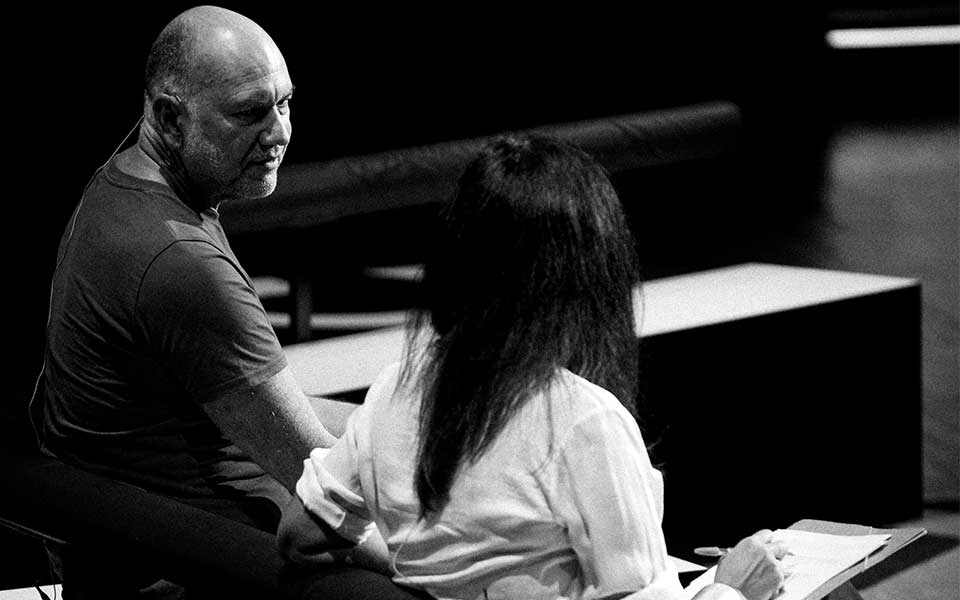
Greece: A Meaningful and Irreplaceable Experience
Stathis Kalyvas, Gladstone Professor of Government at the University of Oxford, spoke with Danai Makri about Greek tourism’s position in the global landscape as the country moves forward. With increasing numbers of international travelers, Greece has the potential to shift from merely attracting visitors to actively selecting them by being truly itself; by emphasizing both natural landscapes and human potential to create an irreplaceable experience. In embracing its unique identity with confidence, Greece’s hospitality sector “…can proceed, consciously and dynamically, in shaping travelers who respect and participate in the spirit of Greece and its landscape.”












